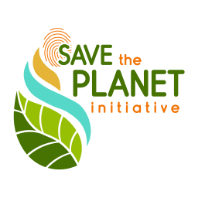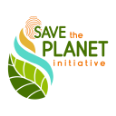Programs
OUR PROGRAMS
The State Of Our Climate
The state of the climate is that it is changing at an unprecedented rate due to human activities. According to the Intergovernmental Panel on Climate Change (IPCC), it is extremely likely that human activities, primarily the burning of fossil fuels and deforestation, are the main cause of global warming. The IPCC states that the concentration of greenhouse gases in the atmosphere, such as carbon dioxide (CO2) and methane, has increased significantly since the Industrial Revolution, and that this increase is primarily due to human activities.
The evidence for global warming is overwhelming and includes a variety of statistics and measurements. For example, the global average temperature has risen by about 1.1 degrees Celsius (2.0 degrees Fahrenheit) since the pre-industrial era. This warming has been particularly pronounced in the last few decades, with the past five years (2015-2019) being the warmest on record. Additionally, the Arctic sea ice is melting at an alarming rate, and the oceans are becoming more acidic as they absorb more CO2.
The frequency and severity of heatwaves, droughts, and heavy precipitation events are increasing, which can lead to food and water shortages, as well as damage to infrastructure and human health.
The global average sea level has risen by about 8 inches (21 centimeters) since 1880, and it is projected to rise by another 1 to 4 feet (0.3 to 1.2 meters) by the end of this century. This rise can lead to flooding, saltwater intrusion, and damage to coastal infrastructure.
Global warming is leading to changes in the distribution and behavior of plants and animals, as well as changes in the timing of seasonal events such as flowering and migration. This disruption can lead to loss of biodiversity and changes in the goods and services that ecosystems provide to people.
The burning of fossil fuels and other human activities can lead to air and water pollution which can have negative impacts on human health and the environment.
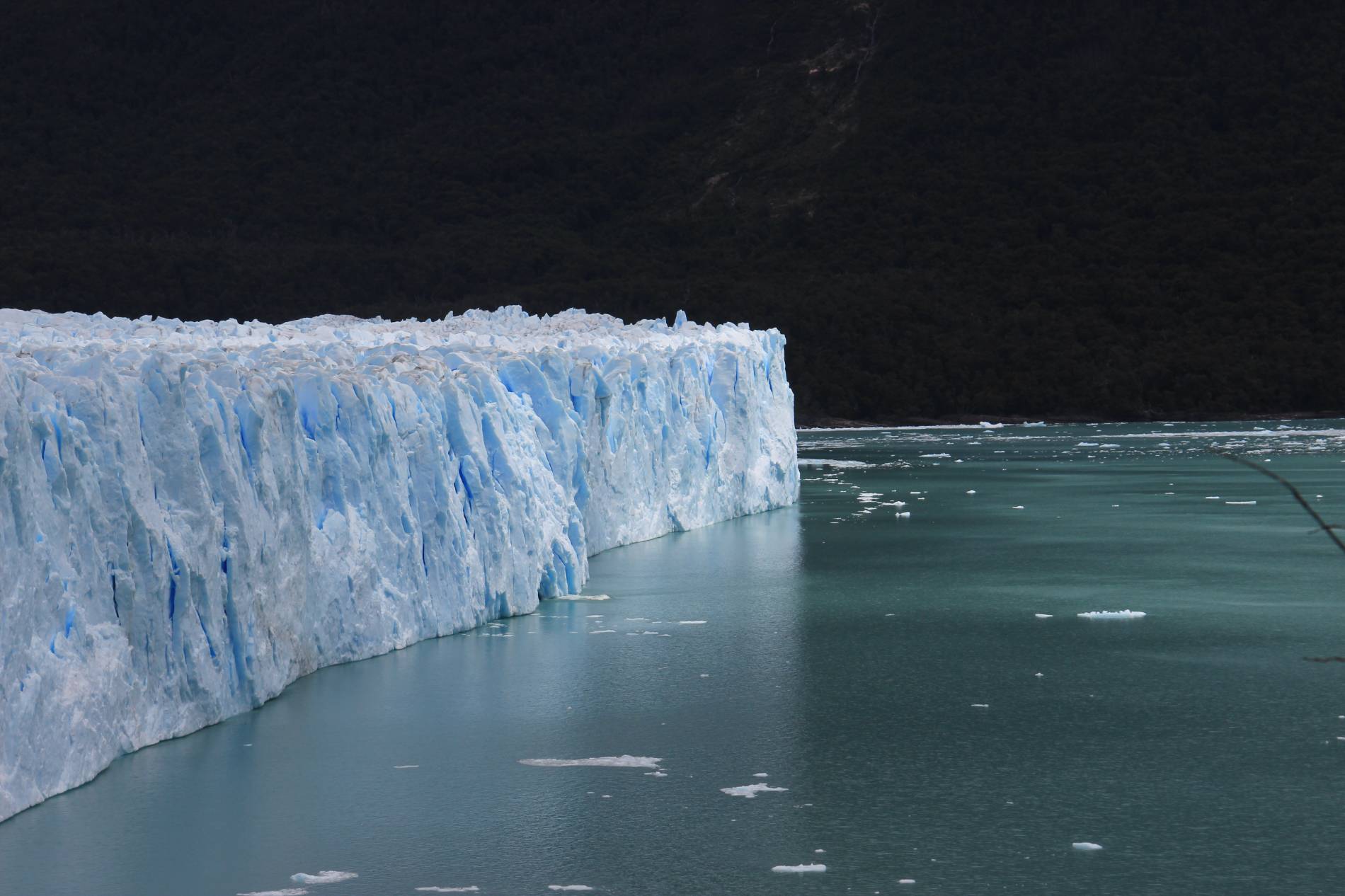
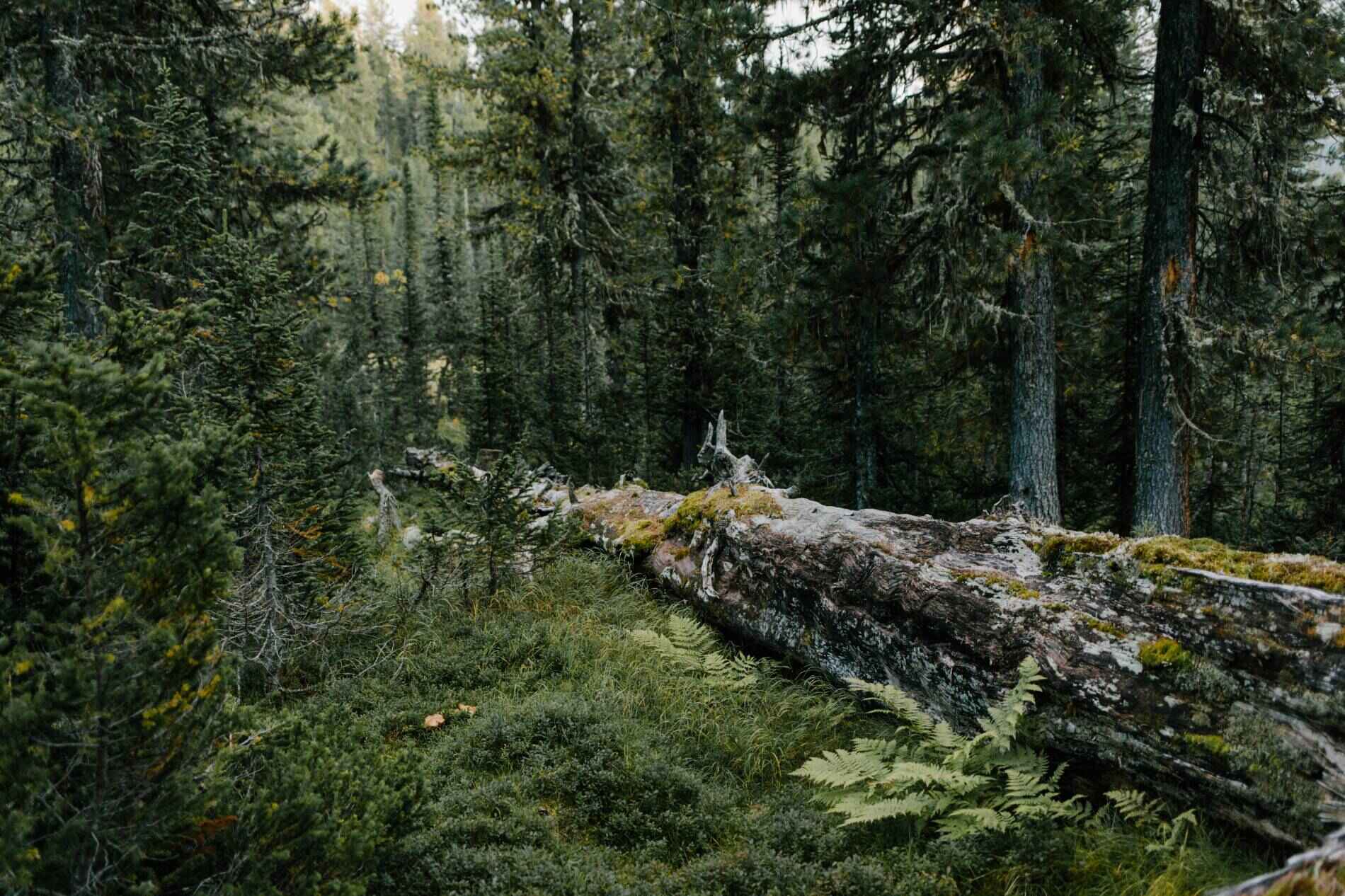
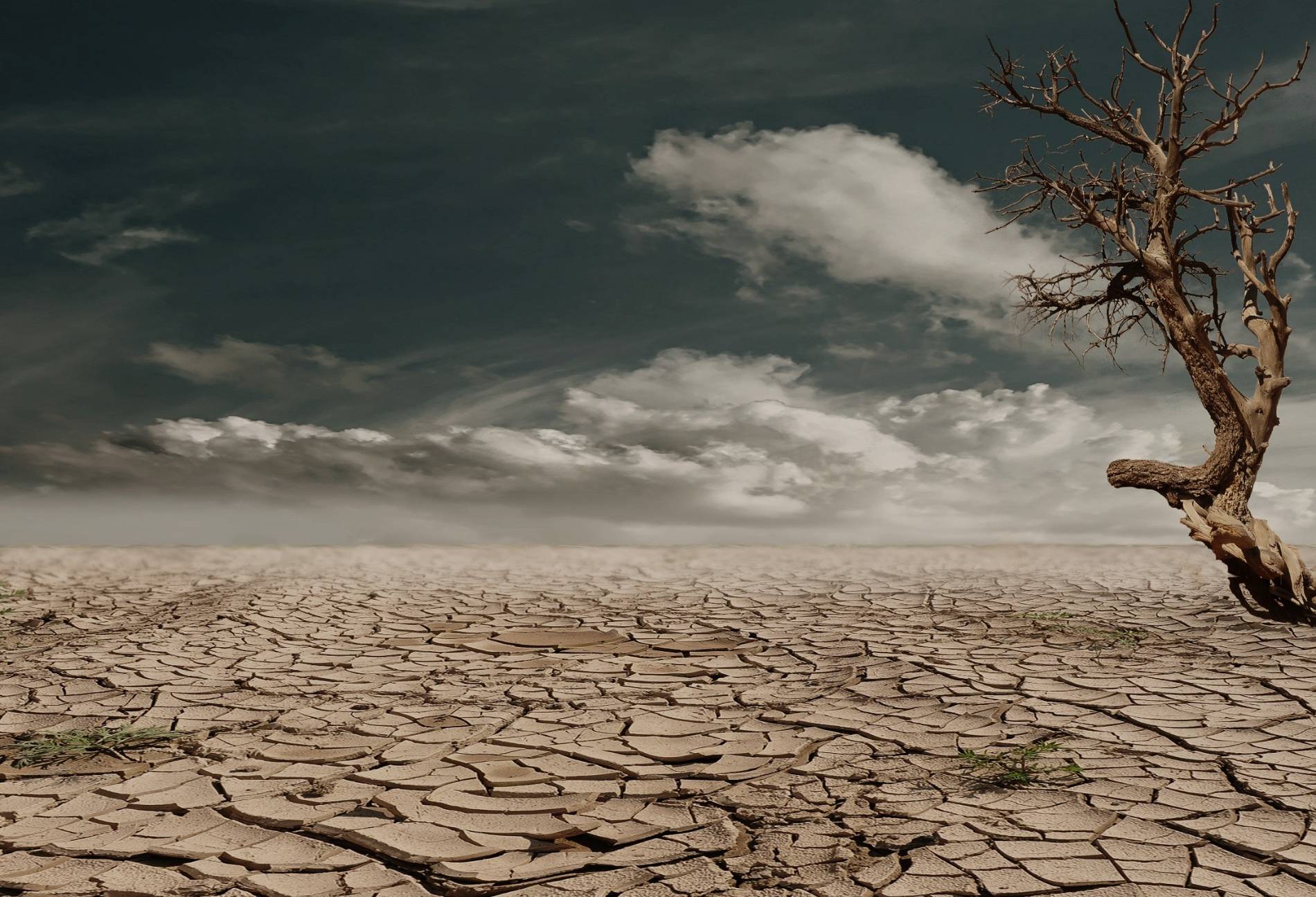
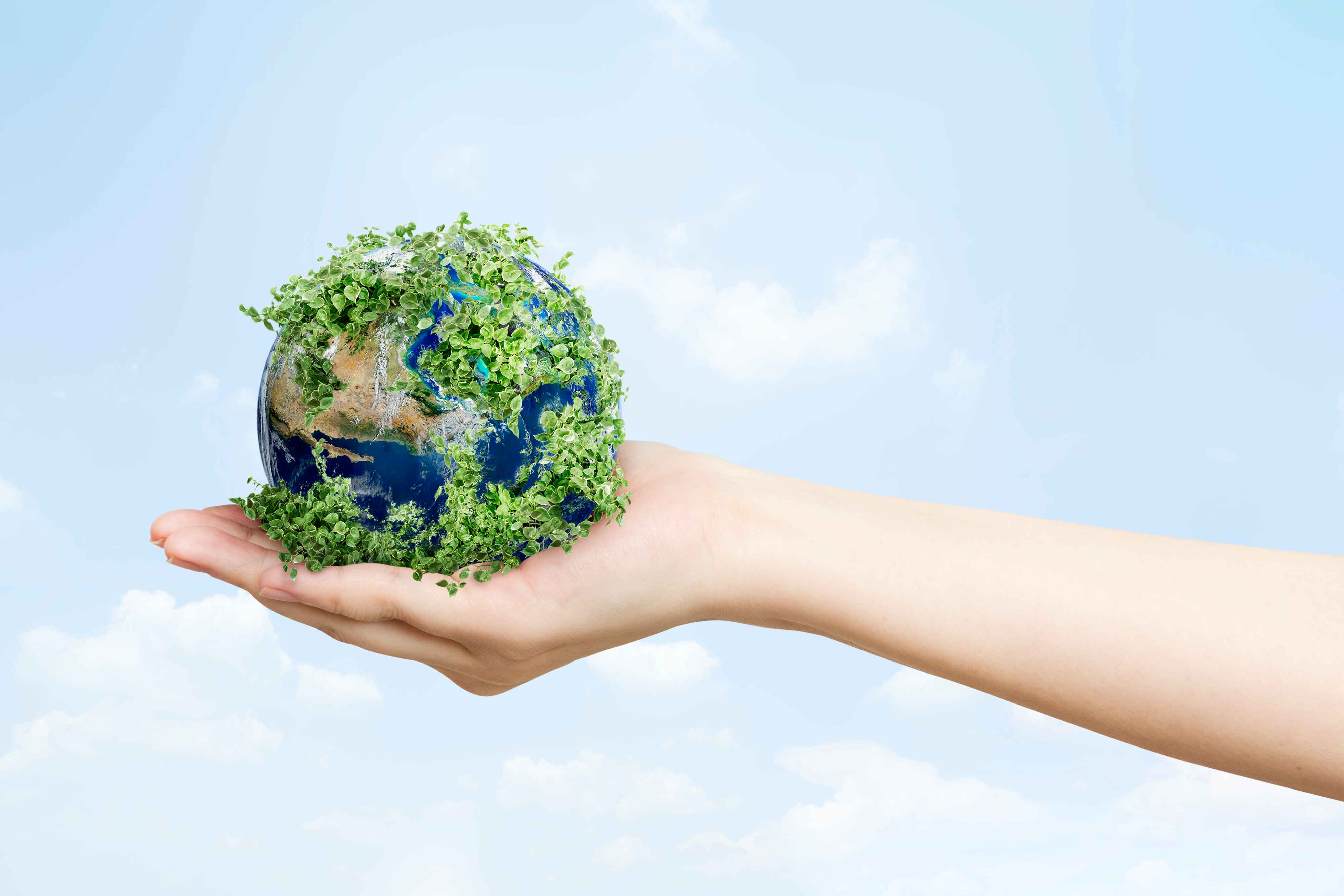
Climate change and human activities such as deforestation and agriculture, are leading to the loss of many species of plants and animals, which can have negative impacts on ecosystems and the goods and services they provide to people.
Climate change, deforestation and overuse of land can lead to soil degradation, which can make it more difficult to grow crops and can lead to erosion and landslides.
It's worth noting that these impacts are not evenly distributed across the world, with people living in low-income and developing countries disproportionately affected. The Save the Planet Initiative (SPI) aims to raise awareness and mobilize action to address these climate challenges and to work towards a sustainable future for all.
No Plastic
SPIs programs will help ensure a safe and habitable environment on Earth for all living species. Our research and implementation programs aim to reverse climate change and mitigate high carbon levels in the atmosphere. We seek to raise global awareness of the natural environment and thus prevent climate degrading human practices. Through SPIs programs, the world will learn about the importance of a balanced environment and how we can play significant roles as nature-defending soldiers. SPI is for the global good, implemented by the people.
